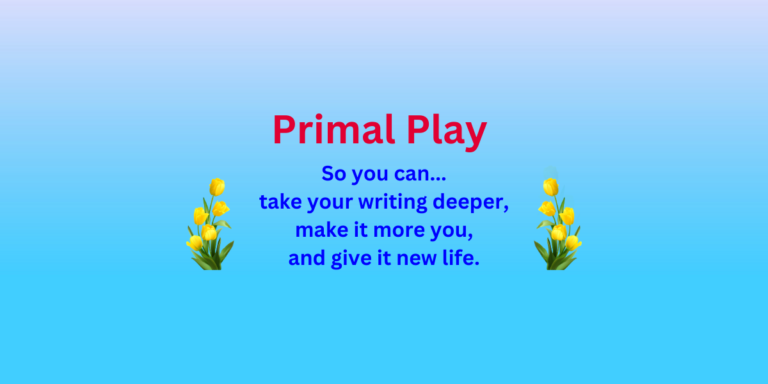7.2 Presence - like voice only better
What is a writer’s voice?
Is it something mystical that can never quite be defined?
Or…
Is it a set thing that you can define with precision?
An English teacher can read you a random passage of Hemingway and you’ll be able to tell it was written by him. Same with Faulkner. And you’ll never mix up the two.
They each have a singular voice. But they also each have only just their one single voice. It’s their signature. It’s a key part of their brand.
You know how a brand has its brand logo and brand colors and brand typography and these never change. The same is true with branded writers. They develop a style that works for them and makes them money. Then they lock themselves into it and stick with it.
Branded authors can be successful and happy, but…
What if the brand strategy doesn’t work for you?
I’m thinking now about writers who have range. They use different voices for different stories. They match their narrative voice to the particular demands of the story.
And the same with nonfiction writers. They vary their narrative voice depending on the topic….
Today they might write an article about childhood trauma in which their voice is somber and serious.
And tomorrow, they might write about a comedy festival, matching the tone of the festival with their own comedic voice.
Then the day after, they might write about shenanigans in Congress and their voice might fractionate, moving from absurdly comic to deadly serious back to comic and then serious again.
What about voice in real life? When I’m coaching, my voice varies according to what my client needs from me…
If I’m talking with Allie and she’s hurting, I’ll listen intently. I’ll ask short, simple questions to help take her deeper into her feelings. I’ll encourage her to take a stand for herself and find her fight. There’s a mood of empathy infusing the session. There’s stillness at its heart.
By contrast…
Nina has been struggling with self–esteem all her life. This week she starts her session with happy news, “Andre said, ‘I love you,’ and for the first time ever I took that in. I really took it in. And then he had a lot more to say and I took that in, too.”
Now it’s time to celebrate, and for the rest of the session, Nina and I rock out and both our voices careen from ebullient to raucous to grateful and back again.
Truth is, most of us have different voices we use under different conditions. You don’t use your church voice at a basketball game, and you don’t use your basketball voice when a friend calls to say her father died last night.
And we can be in different moods when we’re just on our own. Some days I watch the news and I’m sunk in sadness, and other days, the news puts me in a rage. I’m still the same person, but I’ll sound different on those different days.
Now all this is so obvious, why am I bringing it up? Because so many of the voice gurus talk about voice as if you only get to have one.
However…
I want the freedom to play with voices, as many as I need.
I’m not multitudes like Whitman proclaimed himself to be, but there’s a lot more to me than a brand with a single voice.
So I’ve started using the word…
Presence.
Because I think of it as being deeper than voice.
Have you ever experience this? You’re able to write in two very different voices but there’s still…
The coherent presence of you inside each of those voices.
Yesterday, I watched a video by two women analyzing what made the first Harry Potter book a success.
They talked about how J.K. Rowling created endearing characters, big stakes, surprising plot twists, scary villains, non-stop suspense, and a classic overarching battle between good and evil.
These two women had grown up on the Potter series, and had read all seven of the books multiple times, so they knew what they were talking about.
But as the video came to an end, I got to thinking about how other authors had used the same well known techniques, but had not gotten the same astronomical sales as Rowling.
And I wondered…
What was the key to her success that was not about technique?
And I realized it was…
Her sensibility.
Which I’m thinking includes her personality, her playfulness, her life experience, her imagination, and how she sees the world.
And her moral longing, meaning the difference between how she sees humans treating each other and…
How she wishes we treated each other.
To me, sensibility is the unified something that’s more than the sum of these different elements.
In this use of the term, sensibility is presence.
And while authors can copy techniques from each other…
Sensibility cannot be copied.
It’s possible to imitate it to some extent, but to genuinely, deeply write from another author’s sensibility, no, I don’t think that’s possible.
And thank goodness for that.
Which brings me to these questions for you…
What do you know about your presence? Both in your life and in your writing.
What more do you want to learn about your presence and how will you do that?
And as you become more conscious of your presence, how do you want to develop it and deepen it?
And then…
How do you want to play with it?

